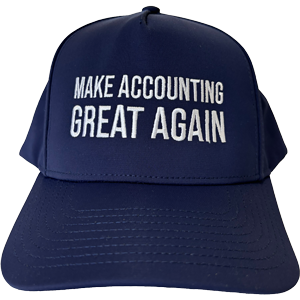Choose Your Path:
Exploring Career Opportunities in Accounting
Public Accountant
Public accounting involves working at either a large global firm or a smaller practice, offering a broad range of services such as accounting, taxation, auditing, insolvency, financial planning and advisory. You can choose to specialise in one of these areas or take on a more generalist role.
Commercial Accountant
A commercial accountant manages and analyses the financial data of an organisation to ensure its financial health and support key decision-making processes. They contribute to various aspects of financial management that drive the overall strategy and direction of the organisation.
Government Accountant
Government accountants manage public funds, ensure compliance with laws and regulations, investigate white-collar crime, prepare budget papers, audit financial statements for government agencies, and research emerging accounting issues.
Environmental Accountant
An environmental accountant manages the financial aspects of an organisation’s environmental impact, including sustainability costs, energy use, waste, and compliance. They help track, report, and reduce the carbon footprint while identifying cost-saving eco-friendly opportunities.
Financial Analyst
A financial analyst plays a key role in helping organisations achieve financial success. Their responsibilities include gathering data, organizing information, analysing past performance, making financial forecasts and projections, and preparing reports.
Forensic Accountant
A forensic accountant examines financial records to identify and uncover fraudulent activities, embezzlement, and other financial crimes. They typically collaborate with law enforcement, legal professionals, or organizations to provide financial evidence that can be used in legal cases.
Chief Financial Officer (CFO)
The CFO is responsible for managing cash flow, financial planning, and tax-related matters. As the highest-ranking financial officer and typically the third-highest executive in the organisation, the CFO plays a crucial role in driving the organisation’s strategic direction.
Data Scientist
An accounting qualification provides valuable skills in financial analysis, attention to detail, and business operations, all of which are transferable to data science. Accountants have expertise in tools such as Excel and data modelling which can be expanded into areas like statistical analysis, machine learning, and data visualisation. By gaining additional proficiency in programming languages like Python or R, accountants can smoothly transition into data science roles.
